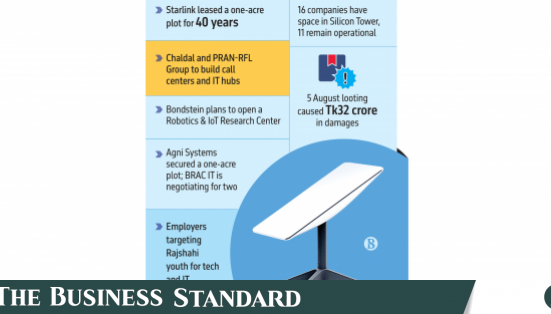The evolution of the economics of the advice business is shaping flows and, by extension, fees. As advisors move away from transaction-driven compensation models and toward fee-based ones, less costly funds and share classes, those that have fewer if any embedded advice or distribution costs, are seeing more flows.
The service-fee arrangement attribute in our US funds database classifies funds based on their service-fee arrangements between asset managers, distributors, advisors, and investors. It aims to help investors discern how they might be paying for advice—either directly to an advisor in the form of a fee or indirectly via the fees they pay for the funds they invest in.
In practice, investors might be paying for advice via some combination of the two, but this classification of funds into unbundled, semibundled, and bundled buckets is a useful means of beginning to understand what investors are getting in return for the fund fees.
The definitions of these groups are as follows:
- Unbundled: An investor simply pays for investment management and fund operating expenses, and the fund and its advisor do not pay third parties who sell their funds to the public. Unbundled share classes reduce conflicts, but investors still need to ask whether they are paying a reasonable amount for advice and for the services that their intermediary charges them directly.
- Semibundled: The product charges no traditional distribution fees (or 12b-1 fees) or load-sharing but can have revenue-sharing or subtransfer agency fees. Semibundled share classes could create some potential conflicts of interest that investors need to ask about.
- Bundled: These are traditional share classes, where the investor pays a load and a 12b-1 fee to the mutual fund, which in turn pays the intermediary. Bundled share classes are purely transactional, which can work well for sophisticated investors who have done their homework and wish to pay upfront commissions. Advice associated with these share classes may ultimately cost less.







